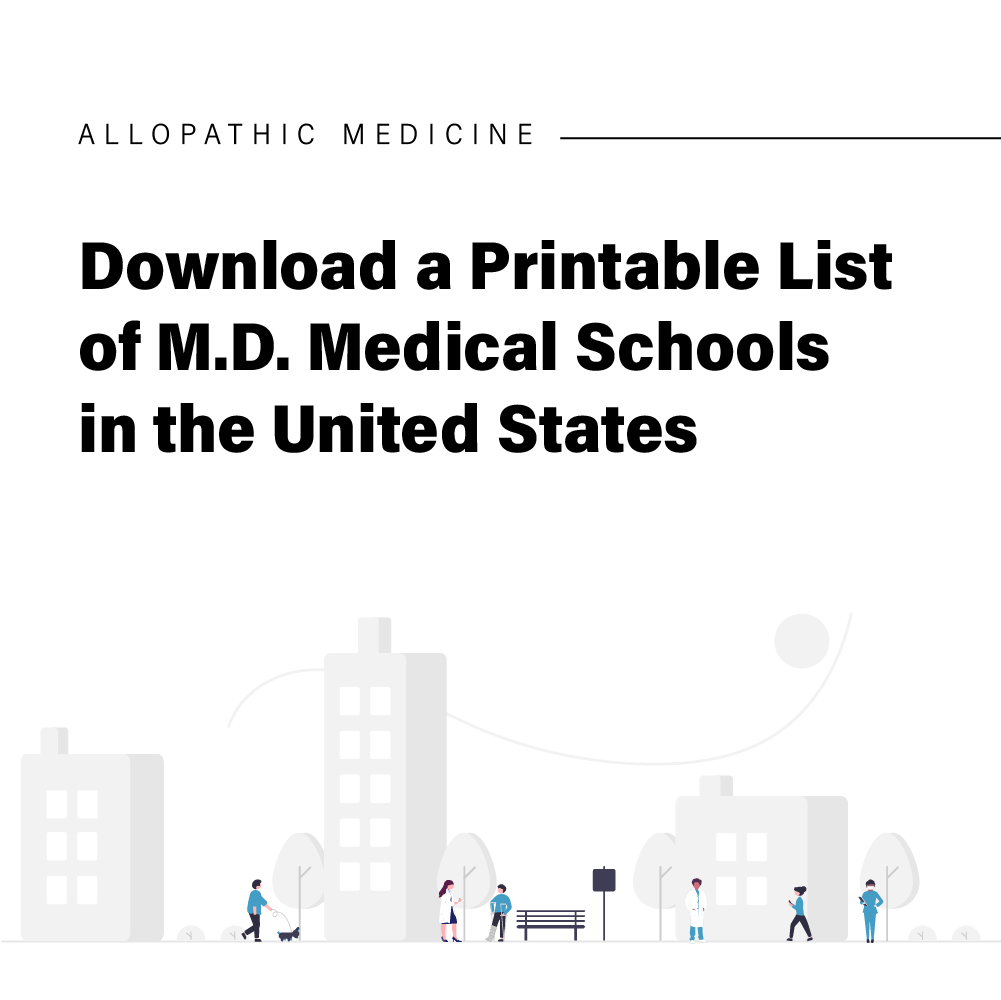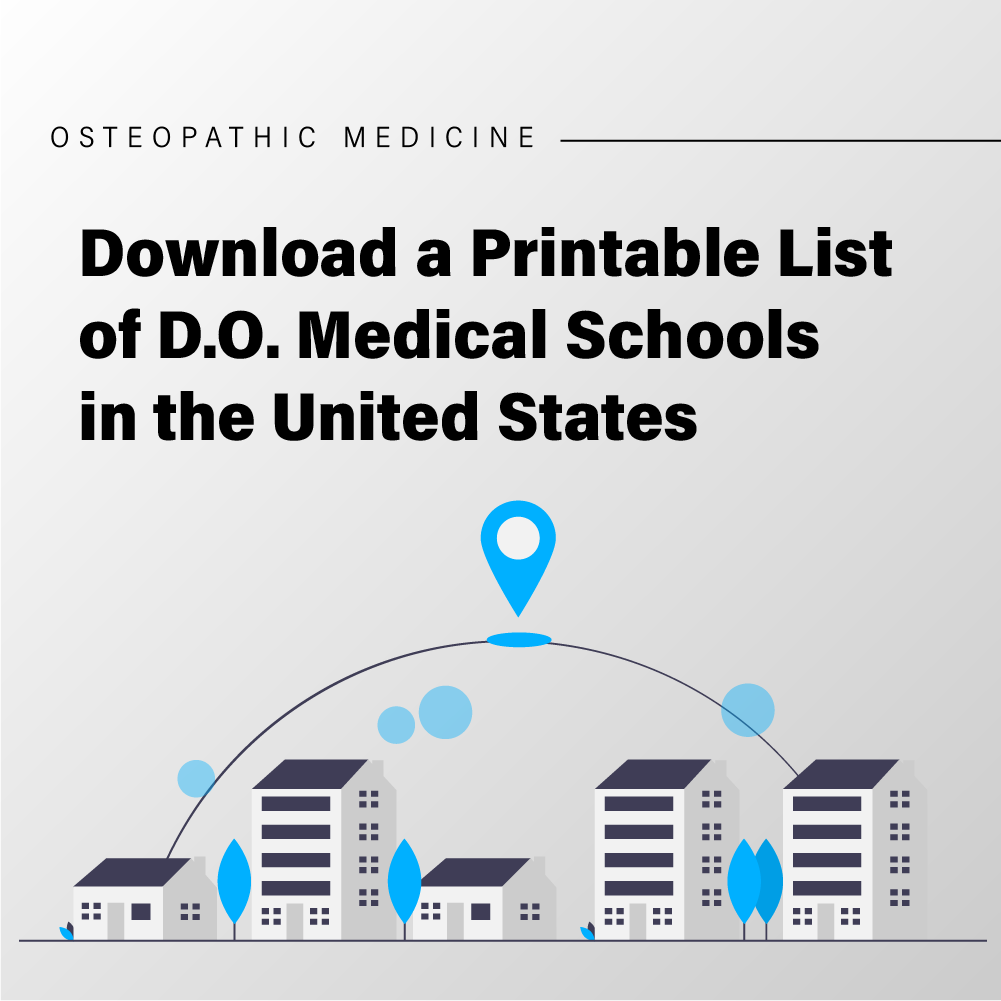In the premedical/medical school admissions world, the term “gap year(s)” refers to the years in between your undergraduate career and medical school career. According to a 2019 survey administered by the AAMC, 43.9% of 15,151 medical students took 1-2 gap years, 13.4% took 3-4 gap years, and 7.9% took 5 or more gap years. In total, that means 65.2% of medical school students took 1 or more gap years before they began medical school.
Gap years provide premedical students with opportunities to enhance their medical careers. For instance, you can prepare for medical school by completing a post-baccalaureates or master’s program. You can also gain clinical experience by working in a hospital. Furthermore, you can gain valuable research experience that will prepare you for a career as a physician-scientist.
In this article, we will discuss productive ways to spend your gap years so you not only improve your chances of getting into medical school, but also improve your chances of succeeding in your medical career and beyond.
1. Medical Research
There are many different career pathways for physicians. In addition to clinical practice, physicians can build careers in academia or research. If you are interested in being on the forefront of medical innovation, a career as a physician-scientist might be right for you.
Applicants seeking careers as physician-scientists is particularly of interest to research-based universities. Furthermore, applying your scientific knowledge in a laboratory setting can show medical school admissions that you have honed your critical thinking skills.
If you are interested in gaining medical research experience, consider applying to clinical, public health, or translational labs as a research associate.
There are also a variety of AAMC approved summer undergraduate research programs that can teach you the fundamentals of medical research.
2. Medical Scribing
Working as a scribe is a great way to gain exposure to the medical field. You will work alongside physicians and your responsibilities will include detailed documentation of all patient visits, records, and procedures. Scribes also assist physicians by facilitating diagnostic tests and referrals to other medical specialists. Possible scribe settings include the emergency room, orthopedic locations, outpatient locations, or operating rooms.
Becoming a scribe can benefit your medical career in many ways.
- You will get the clinical experience medical school admissions committees like to see on applications.
- You can build a network with physicians who can serve as mentors or write you letters of recommendation.
- You can learn medical terminology that will prepare you for success in medical classes.
- You can learn how doctors diagnose and process paperwork.
- You can see first-hand what it’s like to be a doctor.
Aside from the pros listed above, working as a medical scribe also has the benefit of flexible hours. Depending on where you apply, you can work per diem, part-time, or full-time. Therefore, you can choose a work schedule that fits around your studies.
If you want to seek job opportunities as a medical scribe, consider applying to ScribeAmerica, PhysAssist Scribe, or ScribeConnect.
3. Teaching
Being part of an organization or teaching program, such as Teach for America, is very highly regarded by medical admissions. Although these are very coveted positions, teaching is a great way to show leadership, commitment to academia, and volunteerism. In addition, teaching experience show medical schools you have refined your communication skills, which is critical for patient-physician interactions.
Some teaching opportunities include:
- Teach for America
- Tutoring students at a local elementary school, middle school, or high school
- Working as an MCAT tutor
4. Emergency Medical Technician (EMT)
Being an emergency medical technician is a fantastic opportunity to gain hands-on clinical experience in emergency medicine. It can both prepare you for your clinical rotations and help you develop leadership skills in the medical field. While training to become an EMT has high requirements, the time commitment is worth it.
As an EMT, you will learn basic life support (BLS) skills and you learn how to respond to emergencies. If you decide to become an EMT-P (paramedic), then you learn advanced life support (ALS) skills, which include inserting IVs, administering emergency medicines and fluids, airway management, use of defibrillators and more.
There are three levels of EMT certification: the EMT basic certification, EMT intermediate certification, and paramedic certification. EMT regulations vary by state, so be sure to check certification requirements with your state or employer.
5. Other Medical Opportunities
Aside from the gap year options we discussed above, there are many other valuable medically-related positions we haven’t discussed. For instance, you can gain meaningful work experience in the medical setting as a pharmacy tech, emergency room assistant or admissions clerk.
If you are unable to commit to a job during your gap year(s), you can also gain clinical experience through physician shadowing or volunteer opportunities at hospitals.
6. Non-medical Opportunities
If you are unable to work in the previously mentioned job sectors, or if you would like to explore other career paths in medicine, be creative! You can still shadow physicians or volunteer at hospitals, clinics, or premedical groups. Some examples include the biotechnology industry, pursuing a passion project, working as an MCAT tutor, entrepreneurship, etc.
Your gap years are more than just doing things medical schools will like, they are about doing things that are meaningful to you, as these years will play a critical role in shaping the person you become.



